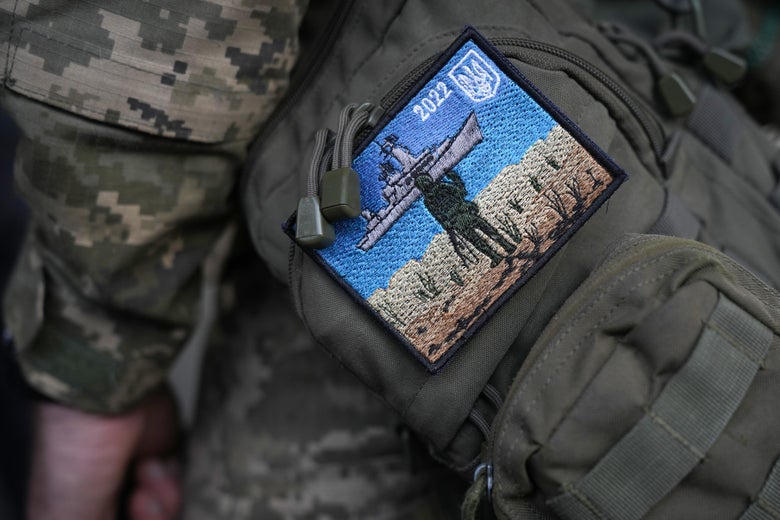FRED KAPLAN

Russia’s retreat from Snake Island, a tiny clump of rocks in the Black Sea, has been reported as a “major victory” for the Ukrainian military, causing “significant losses” for Moscow—but is it really? Better to cut the adjectives and call it a step forward for Ukraine,a step back for Russia. In other words, it’s not nothing, but nor does it mark a shift in this plodding, gruesome war.
A speck of land just 0.06 square miles in size, Snake Island nonetheless has some strategic value, in that it’s positioned in the Black Sea, where Russian ships have been blocking Ukraine’s ability to export grain. Russians also installed radar and other military electronics on the island to detect and ward off air and ground attacks.
The re-taking of Snake Island helps Ukraine resist the blockade across a narrow lane of traffic and deprives Russia of a site for their air-defense radar. But the Russians retain control over the rest of the Black Sea, including the ports of Crimea and Odessa. Their control is not absolute. In April, Ukrainian missiles sunk the Moskva, the flagship of Russia’s Black Sea Fleet, and just last week, they sunk a Russian tug boat that was delivering military supplies to Snake Island. Still, Russia has about 20 military vessels in the Black Sea, including seven submarines, most of which operate out of Crimea, which it annexed in 2014 and still holds without any active resistance.
As Steve Rosenberg, Russia editor for the BBC put it, “Snake Island may be in a highly strategic part of the Black Sea…but ultimately it is still a very small rock.”
Recapturing the rock also holds some symbolic significance. In a globally famous incident early on in the war, an officer on a Russian warship ordered a Ukrainian border guard on Snake Island to abandon his post, to which the guard replied, “Russian warship, go fuck yourself.” Reports differ on whether the guard was killed or taken prisoner, but either way, recapturing the island is playing as a moral victory for Ukraine.
Russia’s retreat of the island has also become fodder for the information war being waged between the two neighboring countries. Spokesmen in Kyiv said Russians were forced off the island by Ukrainian artillery and missiles. The Russian defense ministry announced that the troops were voluntarily withdrawing from the island as “a gesture of goodwill” to allow the resumption of international trade, including the export of Ukrainian grain.
Satellite imagery, showing large burn marks on the island, tend to support the Ukrainian side of the story—as does the fact that the Russians have extended no other goodwill gestures in the four months of this war. A test of their sincerity will be whether they continue the blockade—something they could still do with their naval forces in the region, though slightly less easily than when they still had Snake Island.
In any case, we can all draw a lesson from the Battle for Snake Island and the way it’s been depicted by both combatants and the worldwide media. The war has boiled down to a contest of attrition. Neither side’s army has the resources to make bold thrusts or extravagant maneuvers. Each side will each bomb, shell, and shove the other side for the gain or loss of a few miles here, a few miles there. Spokesmen for the side that gains will present the feat as a major victory. Don’t believe it. This war will drag on with its senseless killing for a while to come.
No comments:
Post a Comment